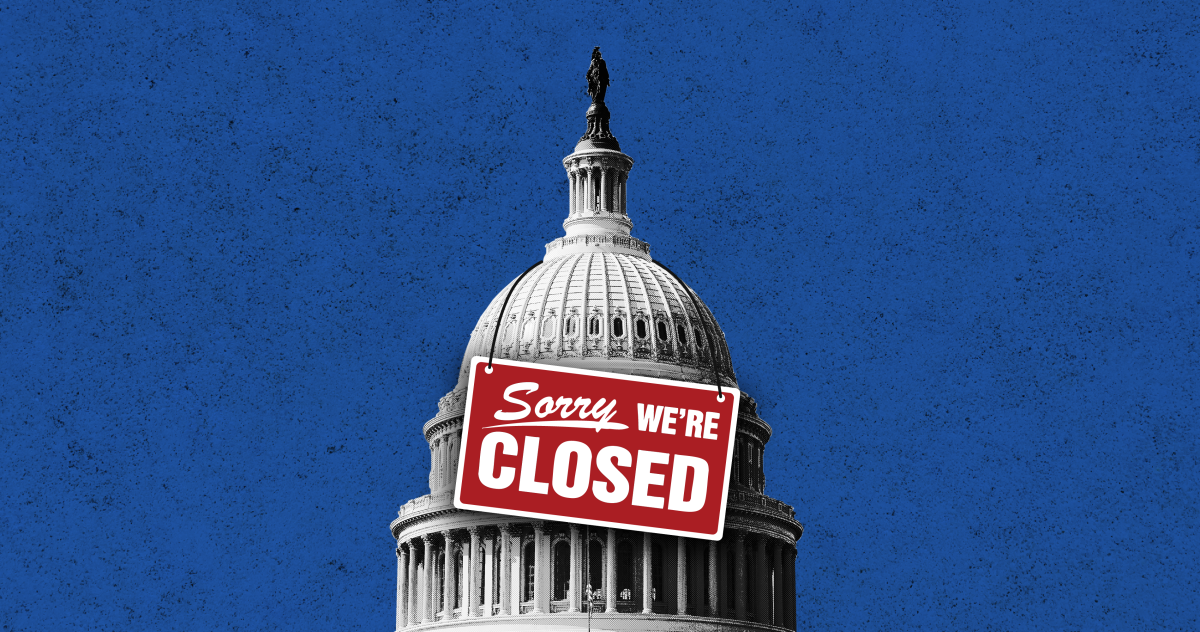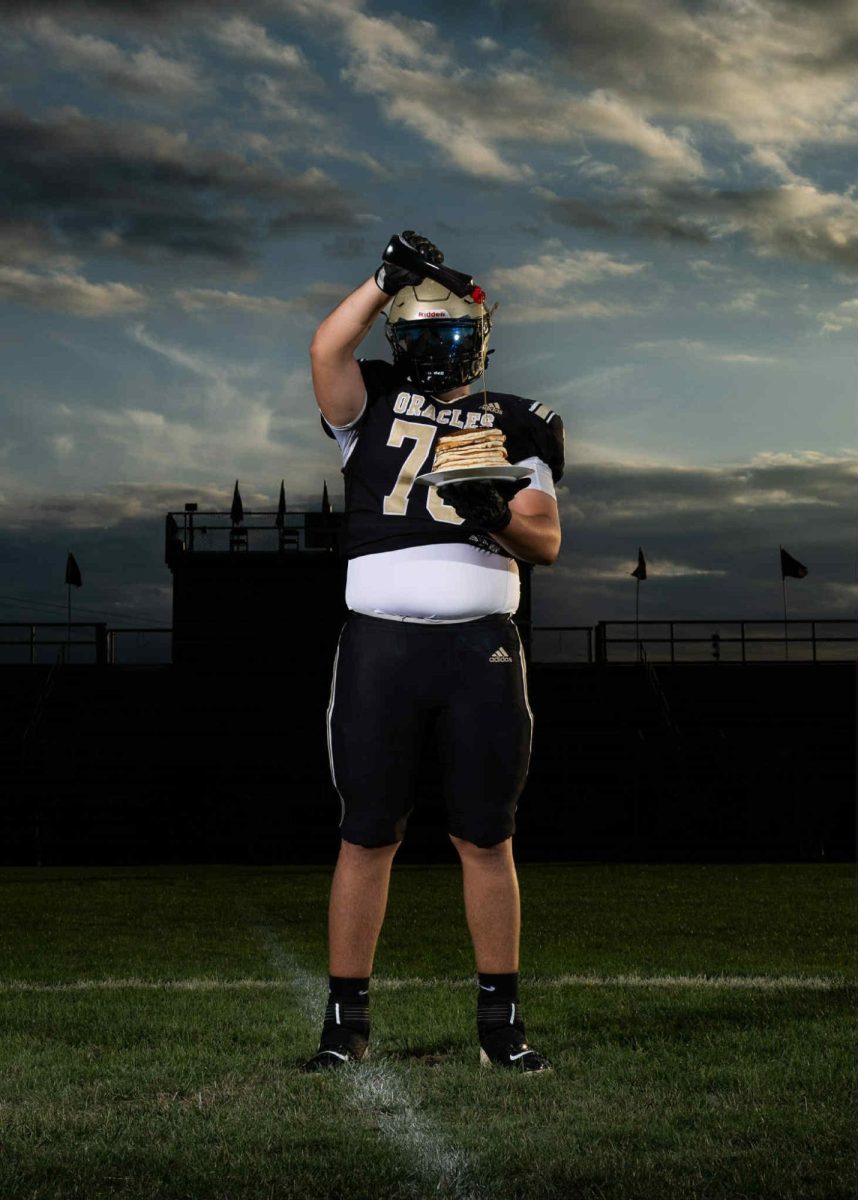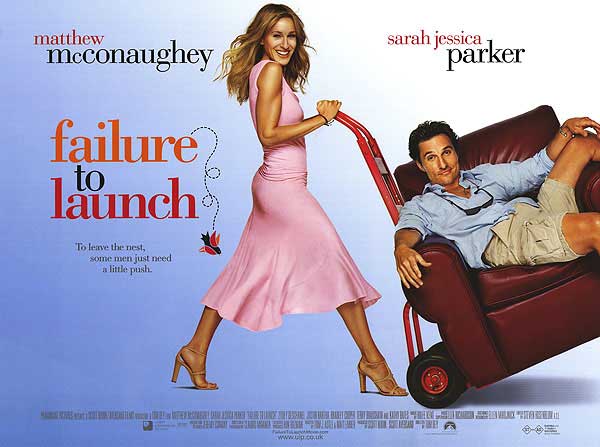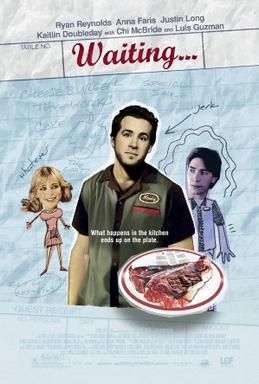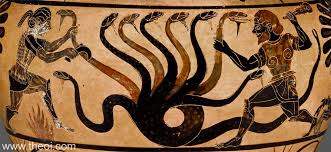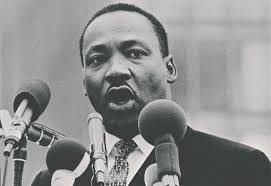Important figures in civil rights movement
Whether you’re listening to Dr. Martin Luther King Jr.’s expressive “I Have a Dream” speech or watching a documentary about Ruby Bridges’ fearless life, it is hard to not be inspired by the civil rights movement and all of the powerful change it brought to this nation. With Black History month approaching, it is a good time to reflect on all of the influential leaders who inspired change, justice, and equality for all.
To start off, let’s take a look at Ruby Bridges. Ruby Bridges was the first African-American child to ever attend an all-white school. She was severely bullied and most of the kids at her school left and transferred to another all-white school in their community ensuing her arrival. The discrimination became so bad that Ruby had to see a local child psychologist throughout her first year at the Frantz school. Being only six years old, Ruby didn’t understand why other students refused to be in the same school corporation as her. Several years later after realizing why the kids at her school mistreated her, Ruby stated, “Racism is a grown-up disease and we must stop using our children to spread it.”
Author/poet Maya Angelou is considered one of the most influential women in history. She was very multi-skilled as she was a well established writer, dancer, actress, and director. In her most well-known piece of writing I Know Why the Caged Bird Sings, she talks about being sexually assaulted by her mother’s boyfriend which led to her being completely mute for almost five years. She was the first African-American, female street car conductor in San Francisco and film director in Hollywood. She was also a well-established civil rights activist and was a huge part of Dr. Martin Luther King Jr.’s campaign. Her impression on the world continues on through the sharing of her literature and ideas with today’s youth.
Rosa Parks was a very remarkable woman and made a huge impact on the world. She was not afraid to stand up for what she believed in, never letting doubt cloud her mind. When a Montgomery bus driver asked Rosa to give up her seat and stand, she exclaimed, “I don’t think I should have to stand up.” Thus, the Montgomery Bus Boycott was born. On the first day of the boycott, about 90% of African-Americans who lived in Montgomery chose other methods of transportation than riding the bus. The boycott lasted 381 days and definitely started a conversation in the White House because on June 5, 1956, all “Jim Crow” laws were deemed unconstitutional.
Dr. Martin Luther King Jr. may be more commonly known for his “I Have a Dream Speech” during the March on Washington, but that is definitely not all that he did during his lifetime. He was a major spokesperson for the Montgomery Bus Boycott and was the president of the SCLC (South Christian Leadership Conference). He also was involved in the Birmingham, Alabama movement in which alongside many others, he led a peaceful protest against the mistreatment of African-Americans specifically in that town. In the year 1964, he was declared the youngest person ever to receive a Nobel Peace Prize. During his lifetime, his focus never left his dream. Every decision he made during his lifetime was to foster a better, more inclusive America.
While February is dedicated specifically to heroes like those mentioned above, let us learn to be appreciative of anyone who is willing to stand up for justice at any time.
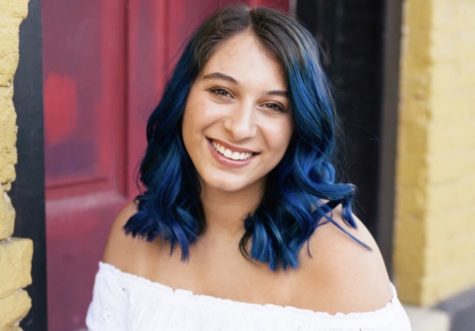
Cynthia Rossi is a senior at Delphi Community High School. She is a member of the dance team, Entertainers, National Honor Society, and drama department....

